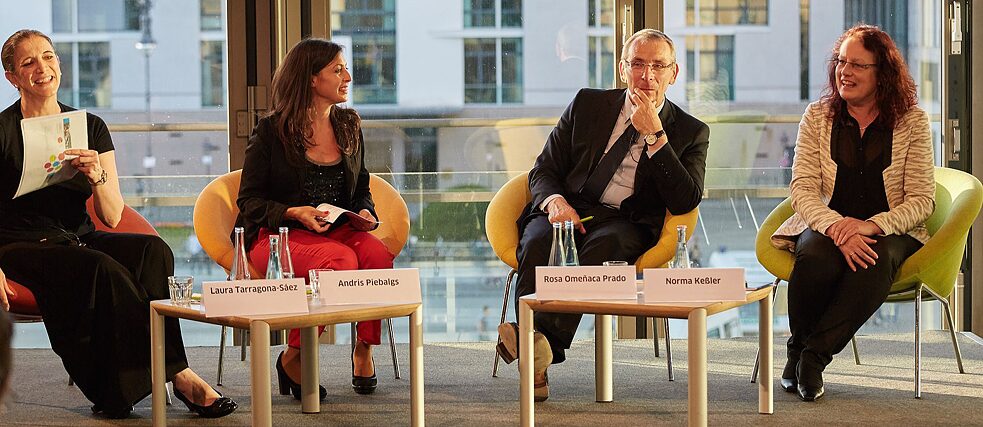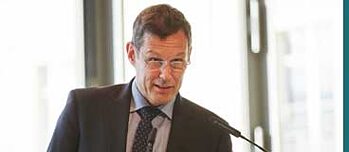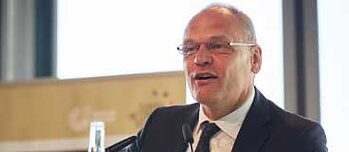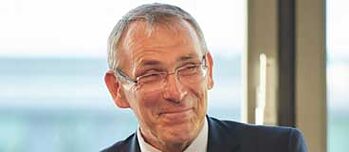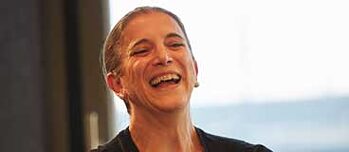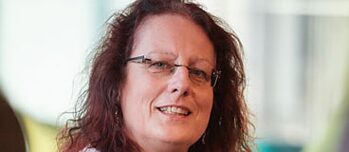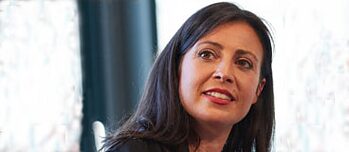MinDirig. Dr. Peter Ptassek welcomed those present and Mr. Johannes Ebert, Secretary General of the Goethe-Institut, gave an introduction to the topic. Mr Andris Piebalgs and Ms Laura Tarragona-Sáez provided insights into the internal perspective of the institutions of the European Union. Ms Norma Kessler also joined them on the podium for the discussion. The contributions of the panellists ranged from analyses of the reasons for the Germans' reluctance to adopt a language policy to a growing interest in the German language that can be observed worldwide as well as targeted support measures - with special appreciation of the courses of the Europanetzwerk Deutsch - to pleas for more linguistic self-confidence.
